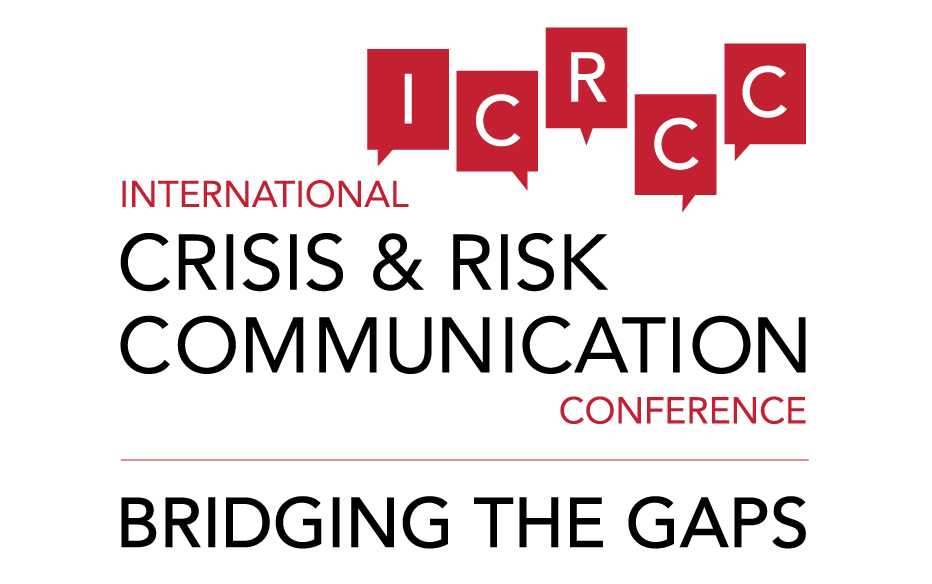
Assistant Professor
Southern Methodist University
USA
LaShonda L. Eaddy, Ph.D. APR, is an assistant professor of public relations and strategic communication in the Division of Corporate Communication and Public Affairs at Southern Methodist University. Her research interest is crisis communications, more specifically, crisis history. The self-proclaimed “practitioner scholar” is passionate about public relations research as well as practice. She is accredited in public relations (APR) and has spent time as a public relations professional primarily in the healthcare industry.
“A Tale of Two Police Killings: How Fort Worth and Dallas Responded to Killings that garnered International Attention”
Fort Worth and Dallas city leaders responded differently to police killings of African Americans. Fort Worth Mayor Betsy Price and Police Chief Ed Kraus were commended, but not Dallas Mayor Mike Rawlings and Police Chief Renee Hall. Using rhetorical theory, we analyze the rhetoric of the leaders and offer recommendations.
“True or false: How parents decide to seek, vet, or share infectious disease outbreak information”
During the first nine months of 2019, there were 1,261 confirmed cases of measles in the United States. The infectious disease spread to 31 states, representing the greatest number of cases reported in the United States since 1992. According to the Centers for Disease Control and Prevention, the measles are more likely to spread in communities that have groups of people who are unvaccinated. Rumors of negative vaccine fears have become salient to the public and shared frequently, creating an overexaggeration of the potential negative side effects. Preventative medicine scholars suggest that more accurate vaccine coverage, evidence-based media coverage, and social media be used in combination to combat misinformation surrounding vaccines. This presentation will address how parents The present study surveys parents of children ages 10 or younger to explore how vet information regarding a potential measles outbreak and other potential infectious disease outbreaks. The presentation will also offer insight into the characteristics of those people who are more likely to share, seek, or vet information which can inform public health communicators’ and health organizations’ strategies regarding infectious disease risk communication.


